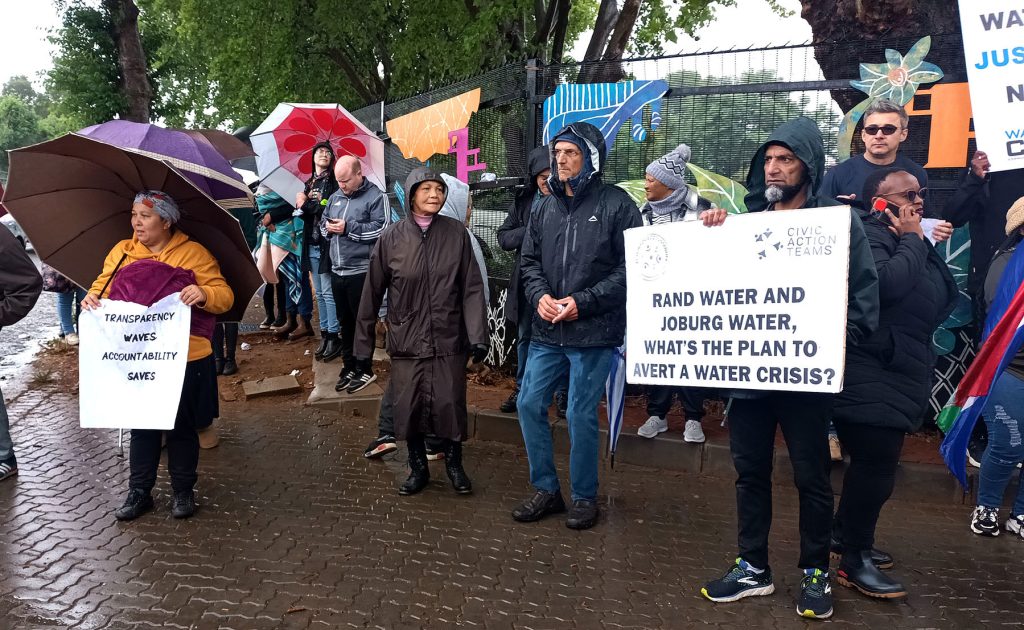Angry residents of Bryanfern have threatened legal action against Johannesburg Water for refusing to fix sewer leaks which left a stench over their homes while sewage continues to seep into the Bryanfern Spruit and the Klein Jukskei River.
The residents say the unrepaired drain leaks have resulted in sewage spills, air pollution and contamination of the river between Oxford Road, Ferndale and Main Road in Bryanston.
According to the vice-chairperson of Bryanfern Residents Association, Bronweyn Craig, this is detrimental to the health of residents, nearby communities, and the city’s water supply.

“In the broader area, there are more than 80 sewage leaks between the Klein Jukskei, a tributary of the Jukskei River that ultimately runs into the Hartbeespoort Dam and Bronkhorstspruit River. Unless the matter is addressed as a matter of urgency, the Bryanfern Residents Association will have no option but to seek legal advice.
“The residents’ association is deeply concerned that a repeat of last year’s Hammanskraal cholera outbreak, which claimed 20 lives, could occur in the area,” said Craig.
“Residents on Cedar Street in Bryanston can barely breathe. A resident lost two offers on her house which was on the market because of the smell. It makes people sick. In the summer months, it becomes worse. It’s a big health and safety concern. The river runs into Hartbeespoort Dam and everyone around that river is affected all the way to the dam… No one is taking it seriously,” DA ward 104 councillor Emi Koekemoer told newsmen.
Koekemoer first reported the issue to Johannesburg Water on January 12, 2022, as the stench became intolerable for the populace.
However, since then, and with repeated reports nearly every two weeks, no response has been offered.
“I started escalating [the matter] to the acting regional manager on a monthly basis and since then, they say they will look into it every time but nothing ever happens,” she said.
Last year, the WaterCAN community action network examined the water in the river and found high levels of E. coli and faecal bacteria in it. This was after sewage from pipes around Zandspruit pump station discharged into the river over the years.
“In short, the bacteriological count in the sampled water is very high for recreational use and cannot be used for drinking by humans or animals,” WaterCAN said.
About 64% of wastewater treatment works are at a high or critical risk of discharging partially treated or untreated water into rivers and the environment, the department of water & sanitation’s Green Drop Progress Assessment Report 2023 stated.


